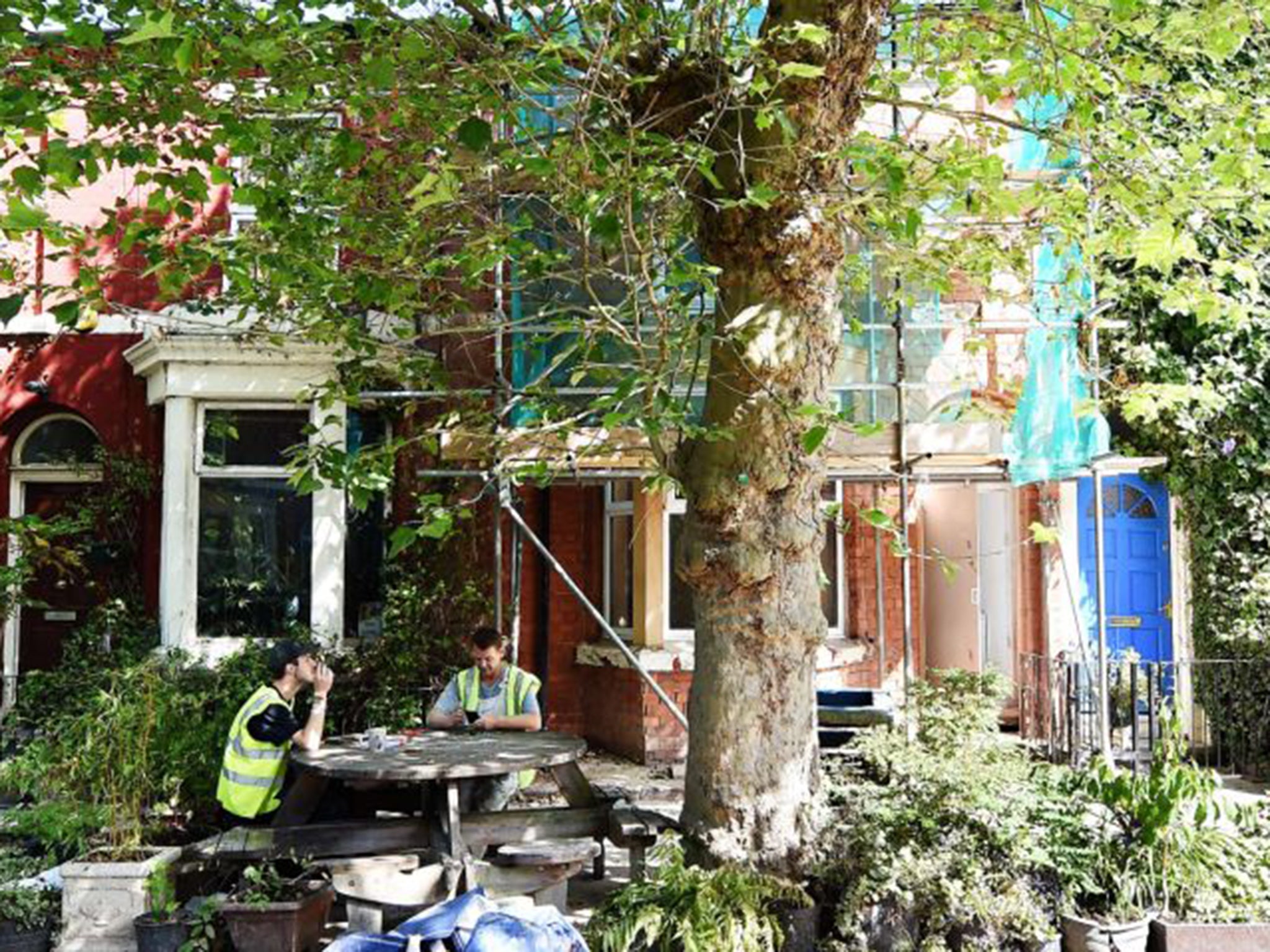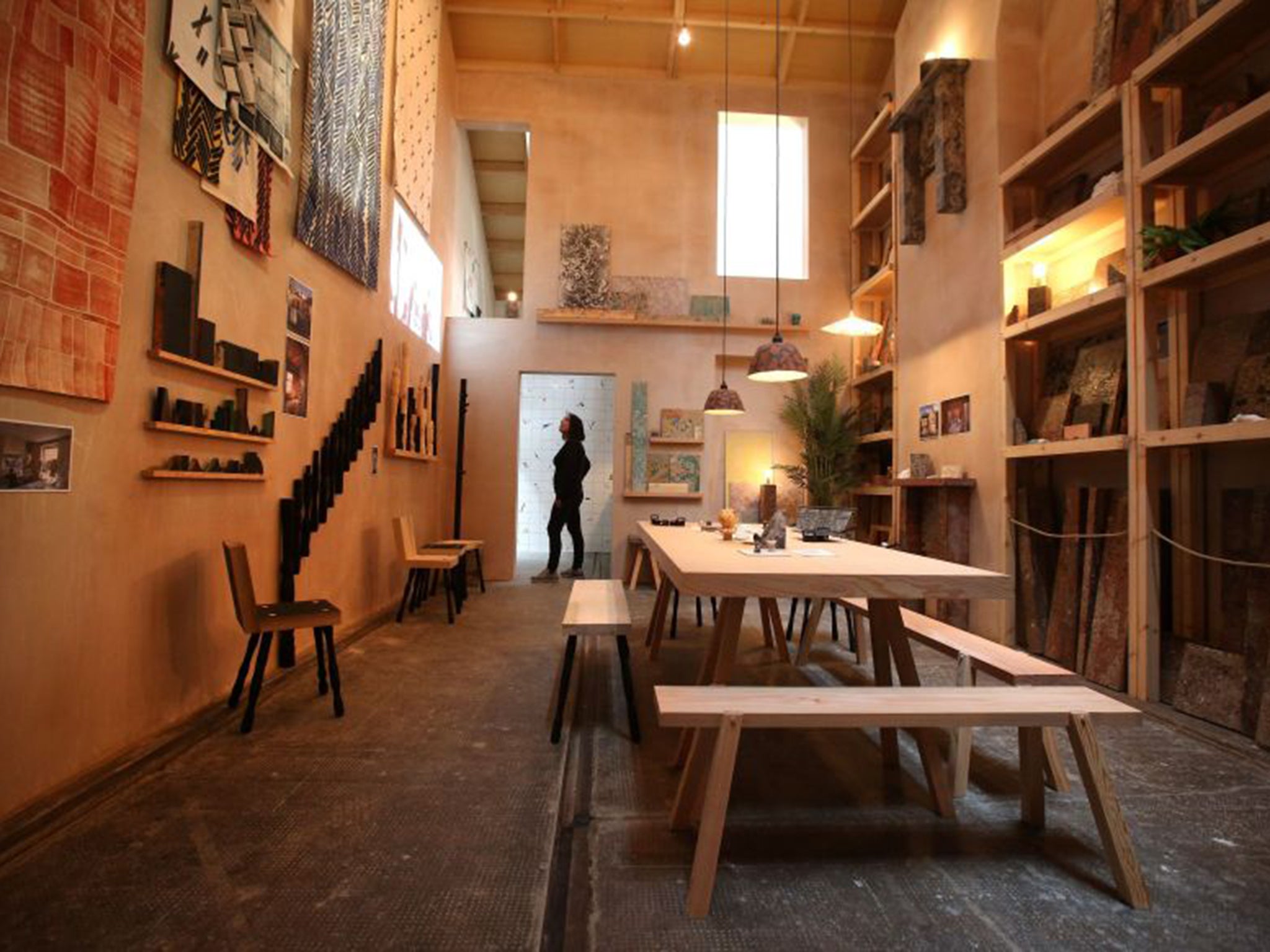Assemble wins Turner Prize 2015: Room to improve... but this is a radical statement
It makes a sociological point – that distinctive community streets were erased in thoughtless regeneration programmes – but an artistic one as well

But is it art? It’s a question that goes with the territory when it comes to the Turner Prize. And it’s a question that can certainly be asked of this year’s winner.
Well, if home improvements are art (and perhaps we all think that in our more self-absorbed, house-proud moments) then Assemble are artists.
Working with residents in run-down communities to refurbish their homes, victims of regeneration schemes, the exhibit on show has examples of the work they undertook in Liverpool’s Toxteth area, with tiles, wobbly basins, granite fireplaces and printed fabrics taking pride of place in the installation.
But, of course, this installation by the London collective, a recreation of a terraced house with the floors taken out, is far more than home improvements. It makes a sociological point – that distinctive community streets were erased in thoughtless regeneration programmes – as well as an artistic point – by recreating distinctive traditional elements stripped out in the regeneration.

So, is it art, is it architecture, is it craft, is it design? Is it social service? Is it, to use the increasingly in vogue phrase, “Useful Art”? It’s all of these things, and that is why it is a worthy winner. To put it another way, it is art, but not as we know it.
I wouldn’t want it every year. I would love a shortlist of paintings one year. That would be truly radical. But in the meantime, I’m more than happy to applaud Assemble’s win, as it both positively and perplexingly makes us rethink and redefine the meaning of art.
Join our commenting forum
Join thought-provoking conversations, follow other Independent readers and see their replies
Comments
Bookmark popover
Removed from bookmarks